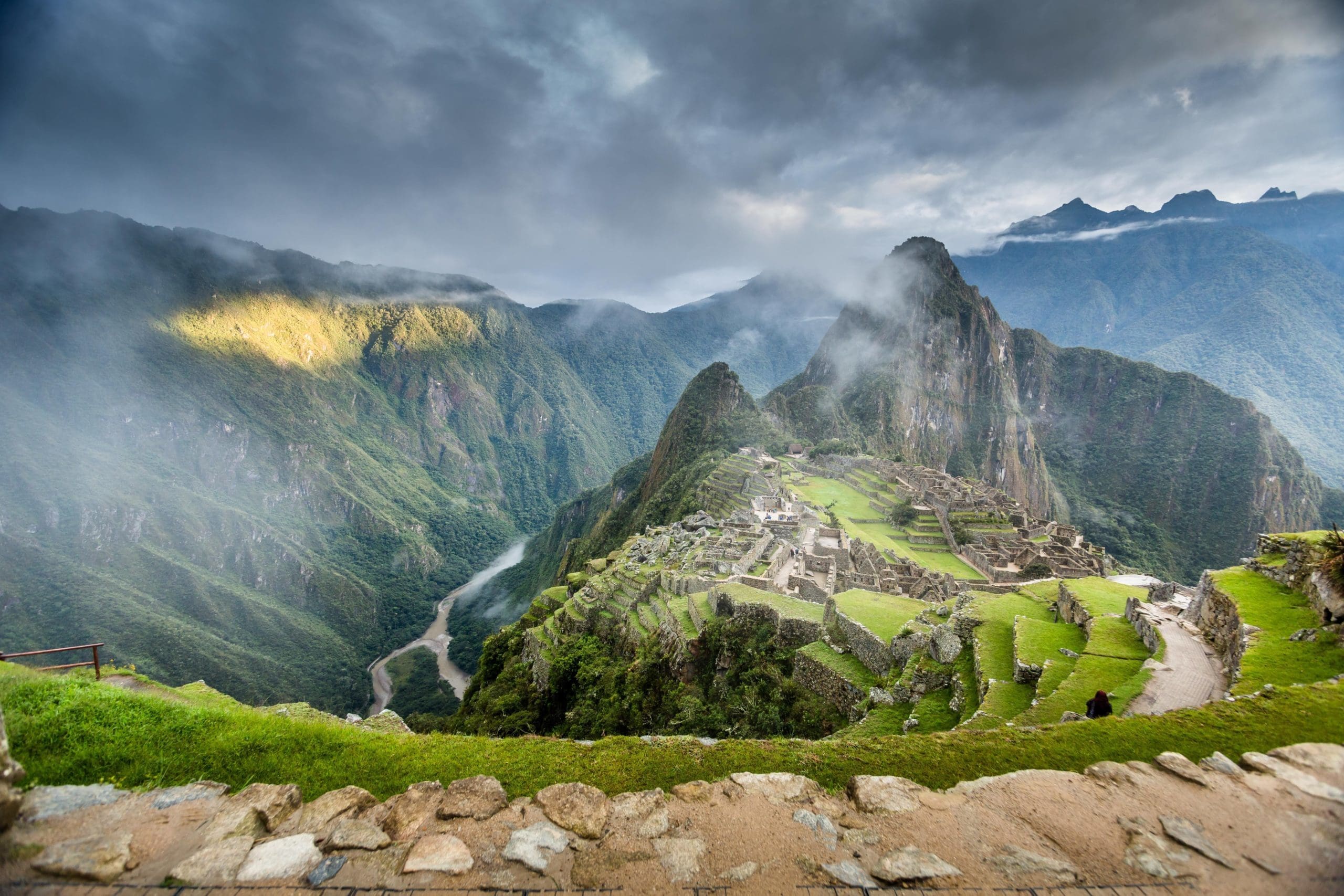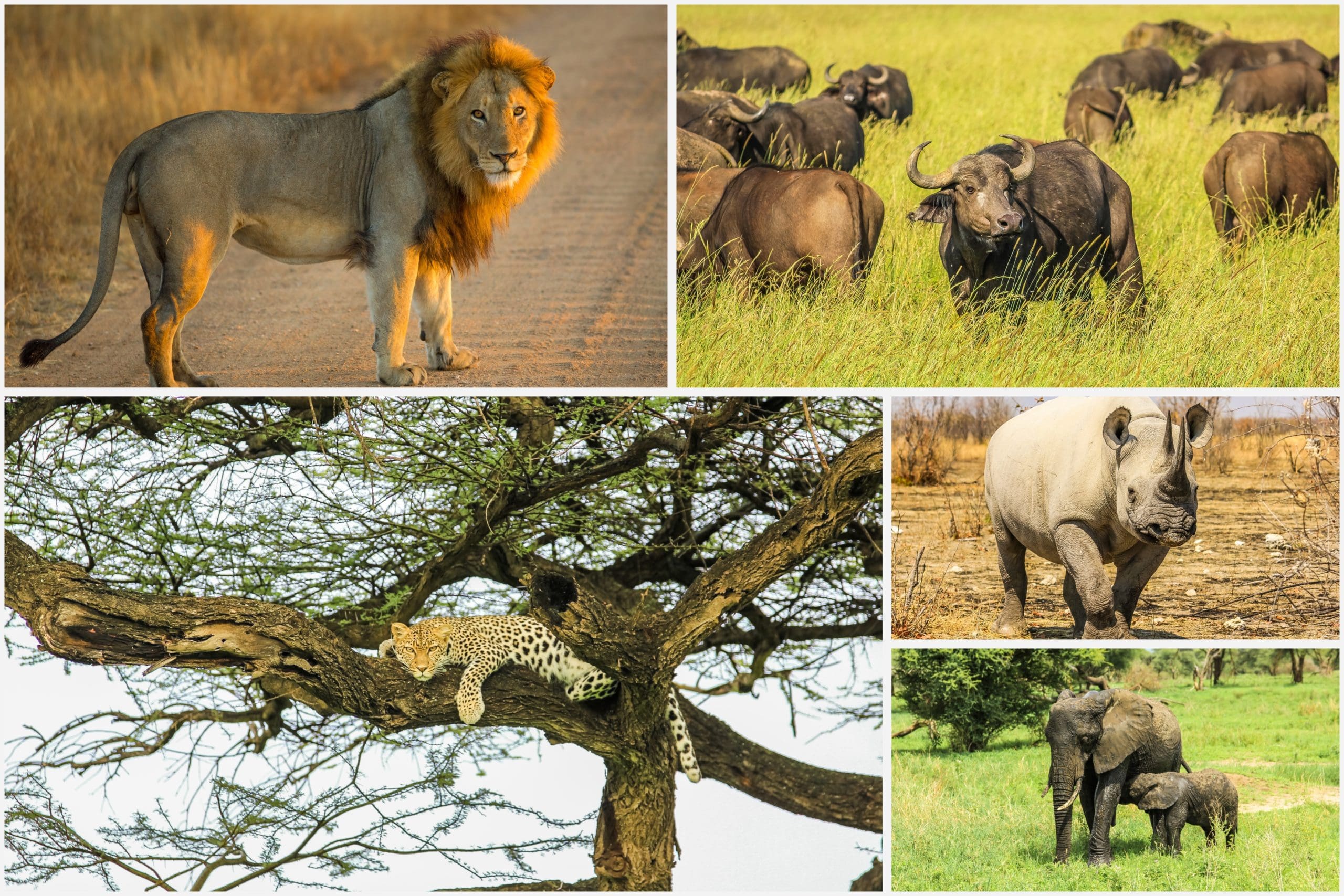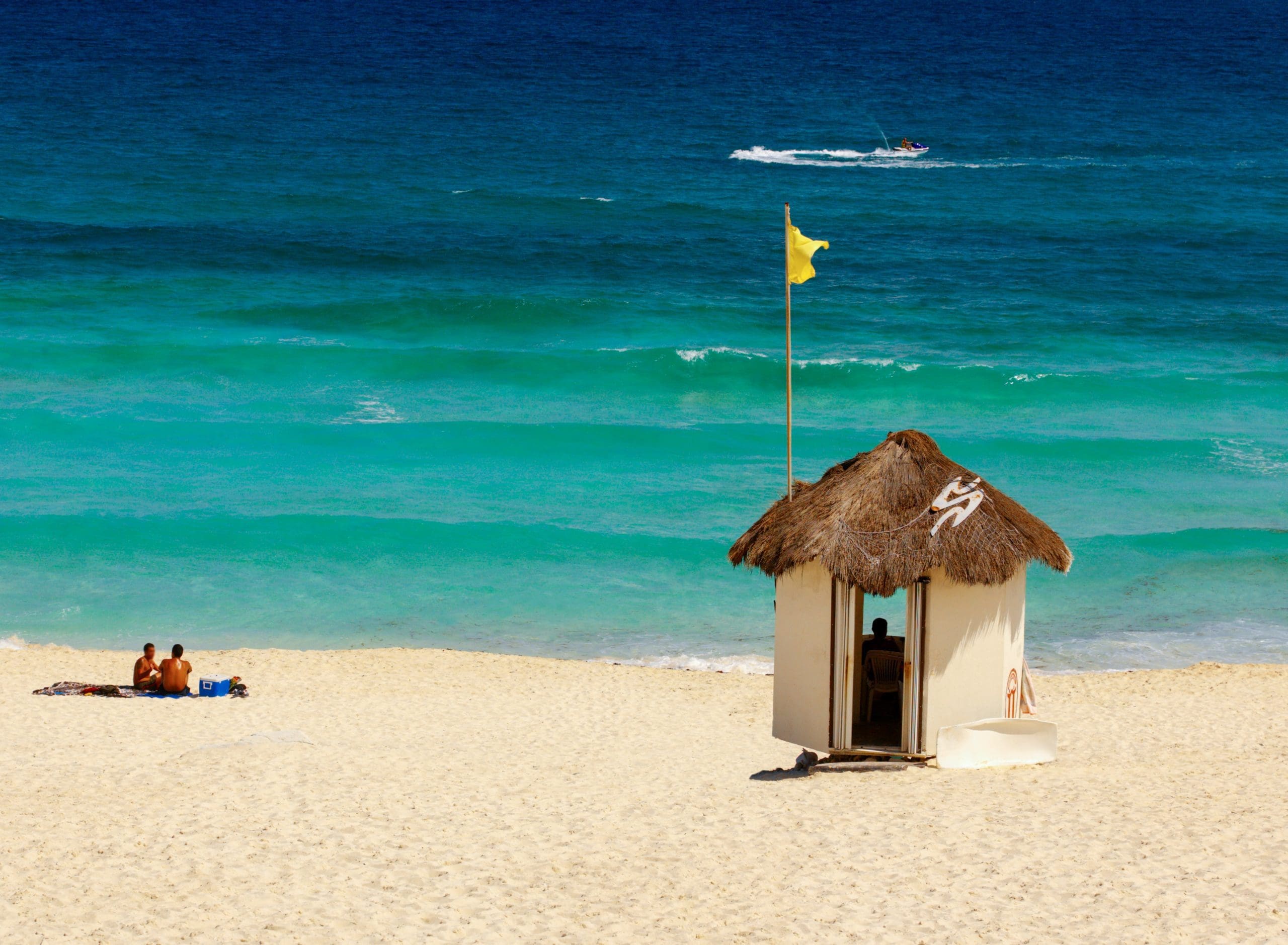Menu
Iceland is a beautiful and unique country located in the North Atlantic Ocean. It is known for its stunning landscapes, which range from rugged coastlines and volcanic peaks to glaciers and hot springs.
One of the main features of Iceland’s landscape is its coastline, which stretches for over 4,970 kilometers. The coastline is home to a variety of marine life, including whales, dolphins, seals, and a wide range of fish species. Visitors to Iceland can experience the country’s marine life through activities such as whale watching, sea kayaking, and boat tours.
Inland, Iceland is home to a variety of landscapes, including mountains, glaciers, and hot springs. The island is home to over 30 active volcanoes, and the landscape is shaped by volcanic activity. Iceland’s glaciers, including Vatnajökull, which is the largest glacier in Europe, are also an important part of the country’s landscape. Visitors can experience the beauty of Iceland’s glaciers through activities such as ice climbing and glacier hiking.
Iceland is also home to a variety of hot springs, including the famous Blue Lagoon, which is a popular tourist destination. The hot springs are a result of the country’s geothermal activity, and they offer a unique and relaxing experience for visitors.
Iceland’s landscapes are diverse and varied, and the country offers a wide range of activities and experiences for visitors, from marine adventures to mountain hikes and hot spring soaking.
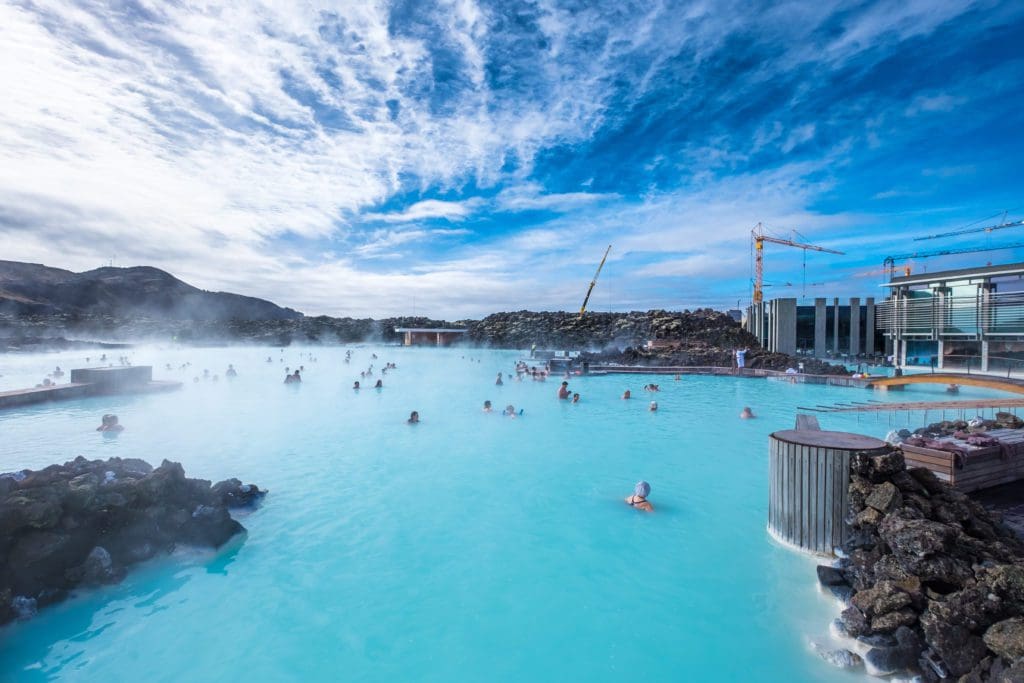
Iceland can be a suitable destination for families, depending on the interests and ages of the children.Iceland offers a wide range of activities and experiences that can be enjoyable for families.Children may also enjoy visiting Iceland’s museums and cultural centers, and experiencing the country’s unique culture and history.
However, it is important to keep in mind that Iceland can have a harsh and unpredictable climate, and some outdoor activities may not be suitable for very young children or those with certain medical conditions. It is also important to be aware of the risks associated with activities such as hiking and exploring the wilderness, and to take appropriate precautions.
Overall, Iceland can be a great destination for families with children of all ages, but it is important to carefully consider the interests and abilities of the children and plan your trip accordingly.
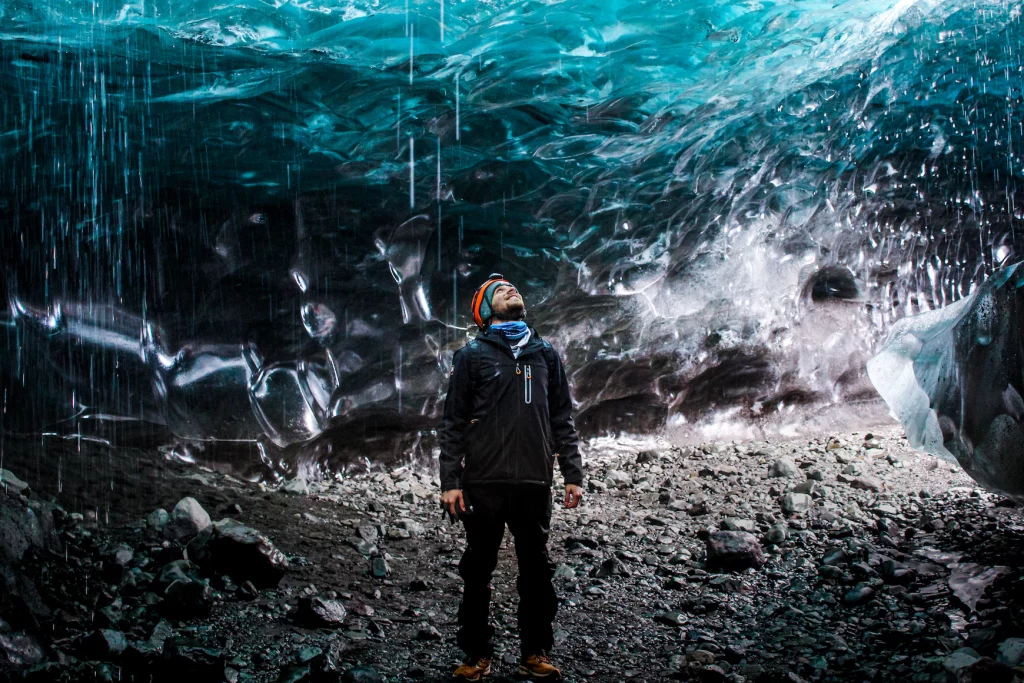
The best time to visit Iceland depends on your interests and what you hope to see and do during your trip.
If you are interested in outdoor activities such as hiking and whale watching, the summer months may be the best time to visit. If you are interested in seeing the Northern Lights, the fall or winter months may be a better choice.
